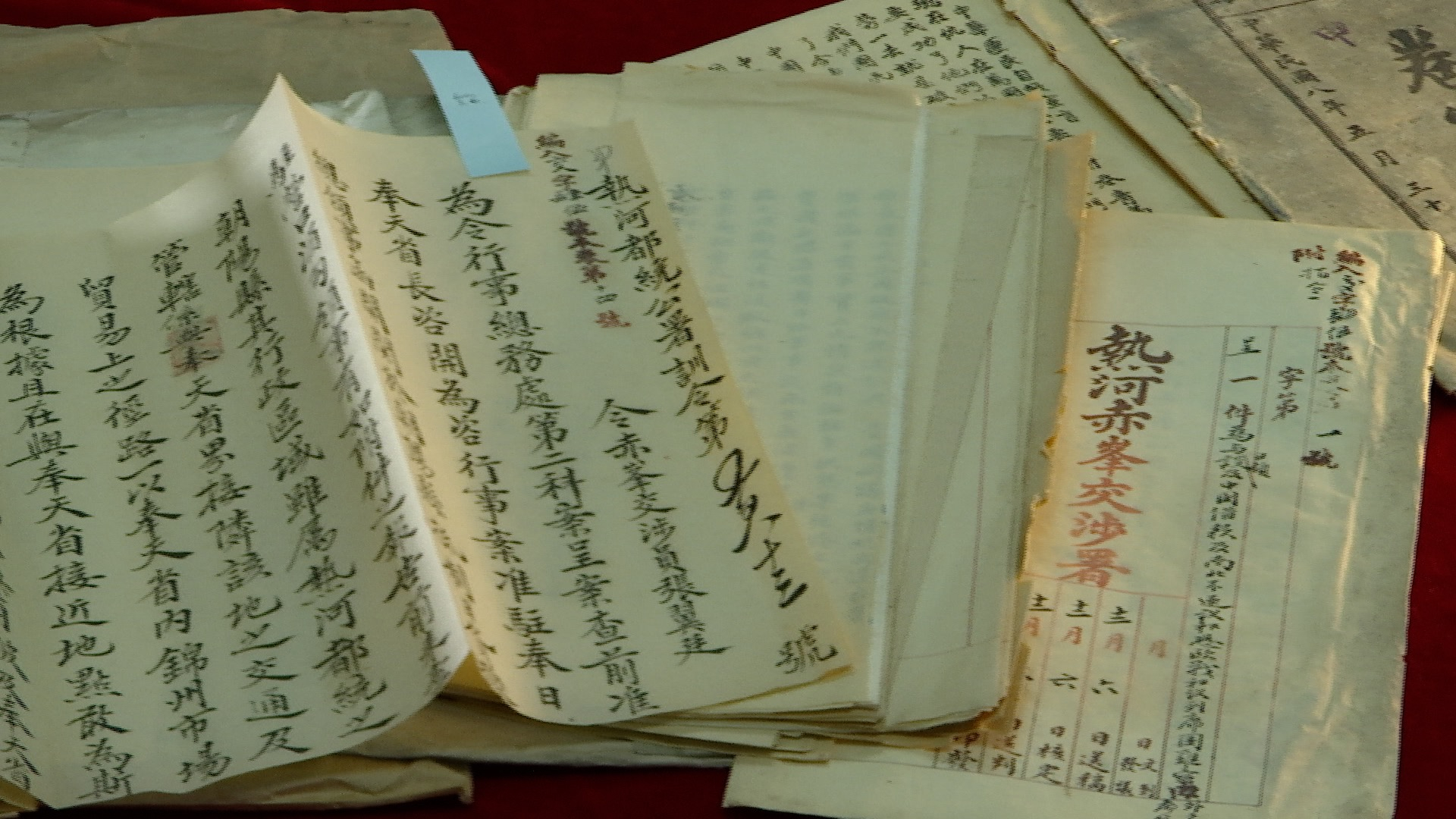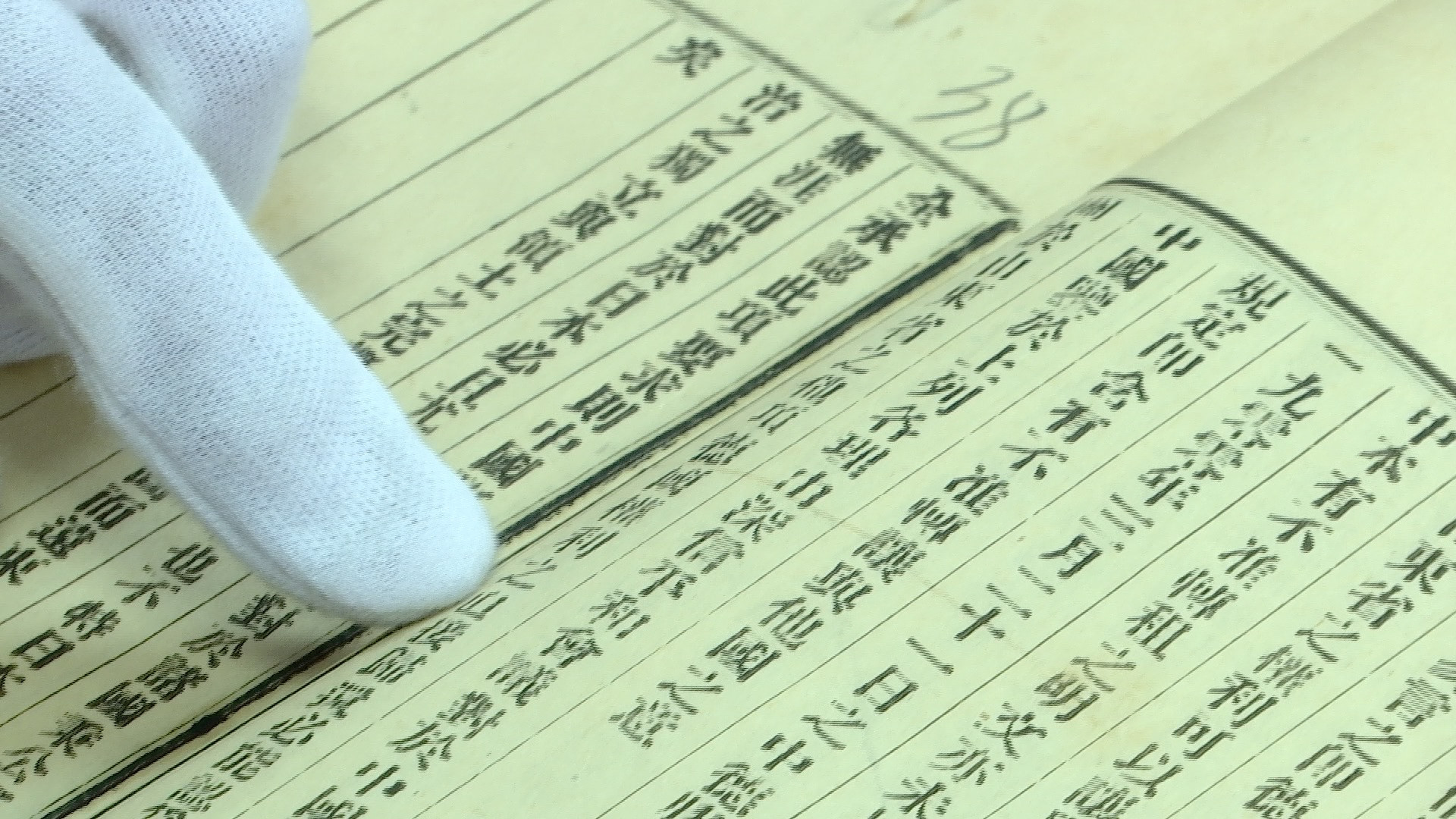
Culture China
21:28, 04-May-2019
Materials of May Fourth Movement now accessible at Liaoning Provincial Archive
Updated
22:16, 04-May-2019
By Feng Yilei
02:54

May 4th a century ago was a turning point in China’s contemporary history.
A series of protests broke out across the country, which later changed the cultural and political trajectory. With the 100th anniversary of the movement, the provincial archive of northeastern China's Liaoning Province has unveiled some special collections to the public. These precious materials bring a highly poignant chapter in the nation's history back to life with territorial losses, humiliating treaties and China's defeat at the post-war Paris Peace Conference.
He Li, deputy director of the archive's arrangement department, said the recently unveiled speaking notes of Wellington Koo showed the then-Chinese representative stating how Germany and Japan had taken over lands and received concessions from China, and why they should be given back at the conference.
“The speech sounds coherent and convincing. But preferential diplomacy would never be applied to a weak nation who placed all of its hope on the conference,” she said.
The Treaty of Versailles left China nothing but shame – transferring German-leased rights over Chinese territories to Japan. The embarrassment soon sparked demonstrations, boycotts and strife among the Chinese public, first in Beijing, then in many other regions.

Archives of May Fourth Movement on display at Liaoning Provincial Archive. /CGTN Photo
Archives of May Fourth Movement on display at Liaoning Provincial Archive. /CGTN Photo
The protestors, mostly youth brigades, working class and also new national bourgeoisie, called for protecting national sovereignty while fighting against imperialists. Their strong emotions and demands can still be seen in fliers, publications and official papers.
He Li said it was under pressure from all walks of life that the Chinese delegation finally refused to sign the treaty. But meanwhile, common Chinese saw the cowardliness and incompetence of the Beiyang government. “They realized that only when everyone participated in a democratic revolution, instead of relying on authority, can the nation and its people be saved,” the expert added.
As the May Fourth Movement kept escalating, it became more than a nationalist and anti-feudal action. New social forces like an intellectual class emerged, and Chinese society opened up as new ideas like democracy, science and socialism were introduced. Many believe its profound sociopolitical impact is not just on China's independence and the emancipation of individuals but is still of great significance today.
He Sujun, director of the archive, said these materials are unique resources providing the most vivid, concrete and accurate proof to help people today understand what really happened. “Thus the younger generation today can pass on the spirit of the movement and call on people to take responsibility”, she said.
(Top image: Archives of May Fourth Movement on display at Liaoning Provincial Archive. /CGTN Photo)

SITEMAP
Copyright © 2018 CGTN. Beijing ICP prepared NO.16065310-3
Copyright © 2018 CGTN. Beijing ICP prepared NO.16065310-3